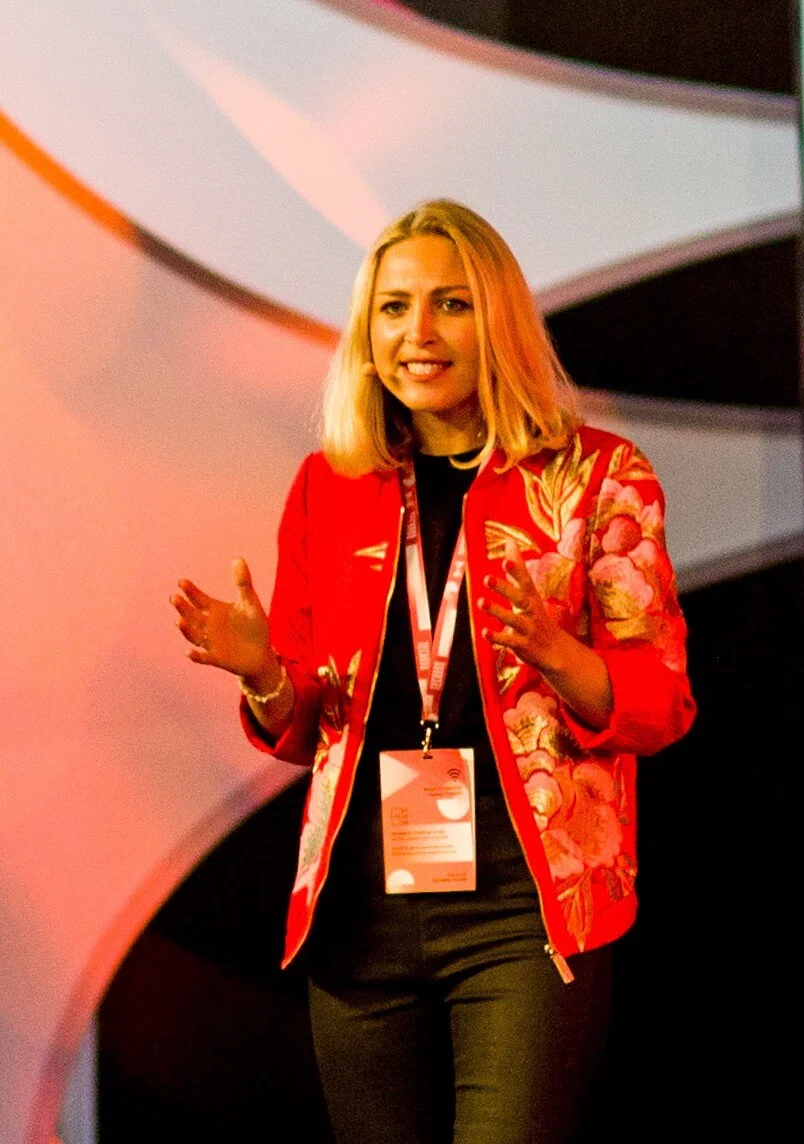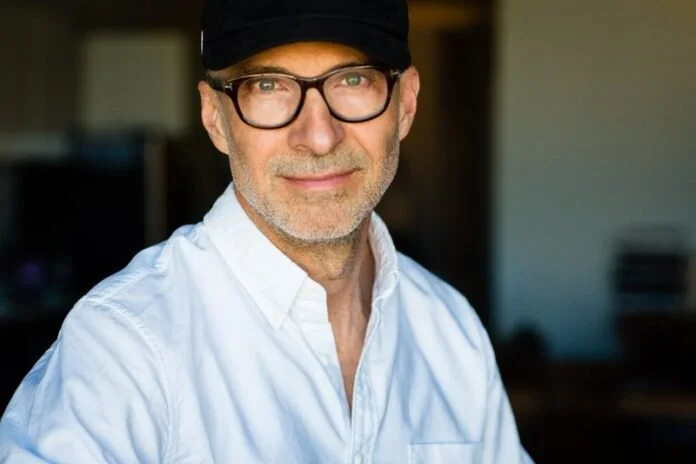Guest Post: Hattie Willis - Ageism & Entrepreneurship - Part 2
← back
Reverse ageism as a young entrepreneur
Guest post by Hattie Willis
A 6 minute read: pause, hit the mute button and for a moment, walk through a different narrative
In this series we explore Ageism and the multitude of ways it affects entrepreneurs and their mental wellbeing.
—————————————————————————————————————
Leaping straight out of university into a succession of startups was incredible for giving opportunity early - you get the chance to try lots of roles, work 1:1 with founders and company CEOs, and are trusted very young with some awesome clients, alongside a lot more responsibility than your years would have warranted in a traditional company. For me, it certainly expedited my learning, and allowed me to sponge a lot of insight and experience from others who had more grey hairs and battle scars.
There is, however, still a challenge in being, or even just looking young, making it easier to write you off as inexperienced. Coincidentally, as I was writing this very piece a family friend in her 50s asked me whether I have trouble being taken seriously when I stand in front of an audience to share my advice, because I look young. I told her I struggle with it a lot less now, but had been very aware of it previously.
I’ve often had clients trying to guess my age. They clearly knew I was young to be doing what I was doing, but I never wanted them to ‘confess’ my actual age, because I feared my advice would be more easily discounted. And it was good advice, learned in large part from much more experienced entrepreneurs and business leaders, the sum of far more than my own experience, and advice which I was proud to be passing on to a new generation of founders. I didn’t want to risk the logic and the sense of what I said being written off.
This also contributed to near constant imposter syndrome. In fact, for a long time, imposter syndrome has been a driving factor for me. I used to think “if you don’t have imposter syndrome, it’s a sign you’re not moving fast enough”.
With hindsight, I overcompensated for this heavily, to the point of coming across as arrogant. I felt I had to show utmost confidence and conviction at all times. I had to be able to answer every question, I couldn’t ever ask what an acronym meant, or profess I hadn’t heard of the startup someone was talking about. I still fall into this trap sometimes, though I try to catch myself more these days. In one early workshop, an anonymous attendee actually wrote in their feedback form that I was “arrogant”. At the time I tried to brush it off, as something that would never have been said about an older man in my position. I still think that’s true, but it doesn’t mean their assessment wasn’t right. In my bid to seem older and wiser, I was leaning into the worst traits I’d observed in some stereotyped version of older leaders: unerring, unshakeable, seemingly omniscient, with no question they couldn’t answer.
Today, I try to more actively follow younger entrepreneurs who inspire me with their leadership - one great example is Timothy Armoo, CEO of Fanbytes (well worth a follow on LinkedIn, Twitter, or social of your choice). I am lucky too, to have friends my age who are incredibly humble, kick ass founders, who I can lean on for more inspiration too.
However, much as I’d love to end on a note of, “overcome the imposter syndrome and ageism can’t hurt you”, it’s not quite as easy as saying “get comfortable in your own skin”. As an entrepreneur, there are times it really matters how others classify you, and much as you’d like to ignore the imposter syndrome, the judgement of others does impact the bottom line. When you’re pitching for investment, VCs do value experience and looking young can count against you, however well you can sell your backstory.
I know CEOs who have sold to huge corporate clients, and been asked to bring a more senior company advisor to join the final board presentation, not to contribute, but just to have someone who looks older and more authoritative there.
I’ve known co-founders to struggle with age gaps making shared responsibilities feel unearned, and seen employees who can’t quite reconcile themselves to answering to an older boss.
I think we all instinctively still equate age with insight. In part, it’s a shortcut based on an accurate and healthy valuation of experience; which surely we all hope to benefit from as we put more years into honing our crafts. But it can also lead to lost opportunities, both for young entrepreneurs and employees alike, and for the people who may have benefited from their knowledge, passion and ideas - however rapidly accrued.
--
If you missed part one of our two-part series on Ageism & Entrepreneurship, catch-up here. For further reading on navigating imposter syndrome and ageism as an entrepreneur, read more from our founders Vladi and Nektarios.
About the Guest
Hattie Willis is the founder of GuessWorks, an entrepreneurship education company, bringing startup skills to accelerators, corporates and universities. As former Head of Training at Rainmaking, she designed and delivered innovation programs and workshops with corporates including Jaguar Landrover, Lloyds Banking Group, DHL, and Experian to name a few, built a digital learning platform to scale their innovation education, and coached impact startups and accelerators in her spare time. She’s also a former Venture Builder, with hands-on experience conceiving, testing and pitching ideas for investment.
Become a contributor and engage with The Future Farm
Are you interested in contributing on the topic of entrepreneur health and emotional resilience with us? Or interested in inviting The Future Farm to contribute to your initiatives or event? Drop us a note.




